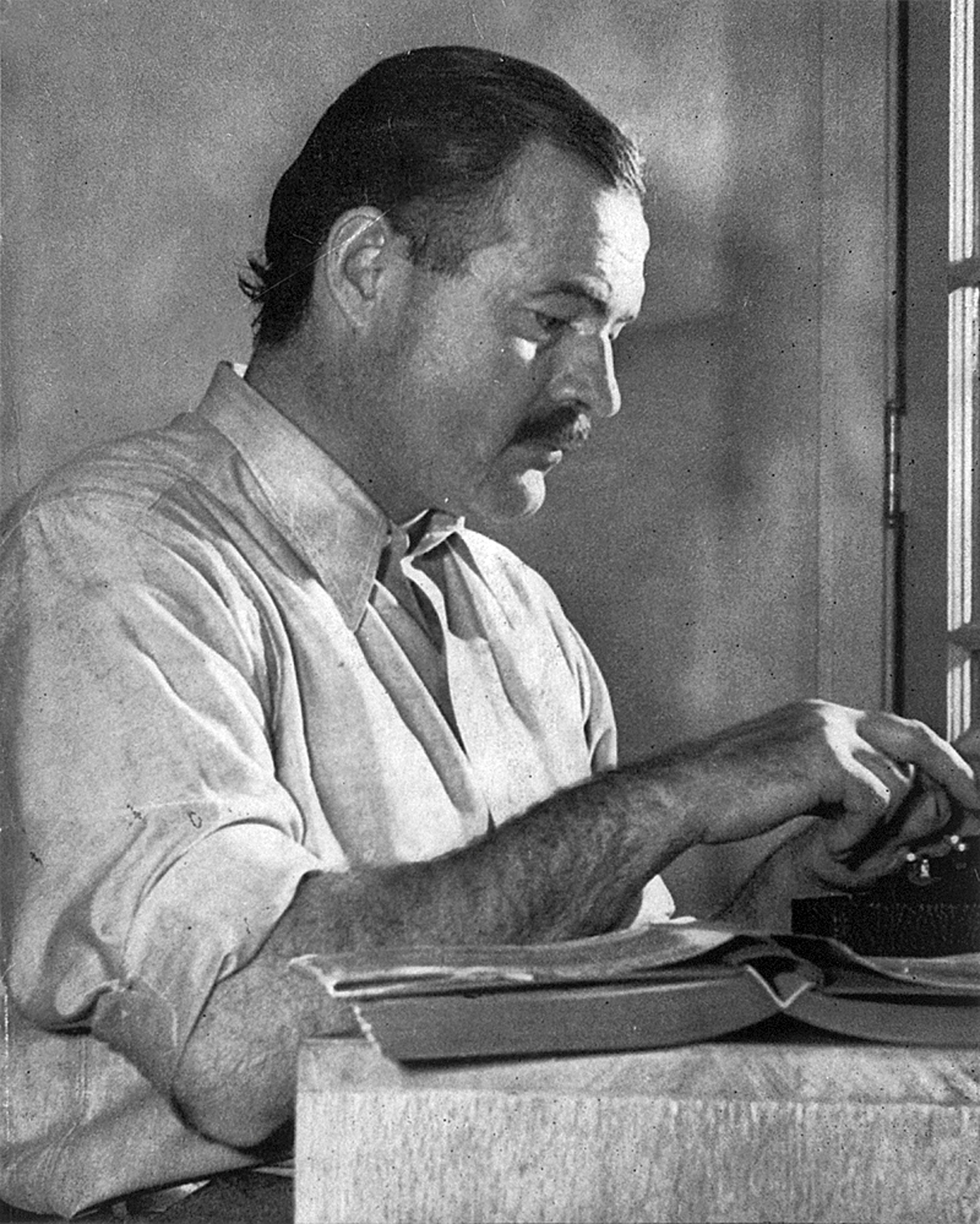Ernest Hemingway loved his alcohol, but he only imbibed after his work for the day was done. “I would as soon not eat at night as not to have red wine,” he once wrote. “The only time it isn’t good for you is when you write, or when you fight.”
Despite such testimonials, as well as a lack of solid scientific research, many aspiring writers and artists believe that a bit of intoxication can jump-start the creative process. A newly published study suggests they are correct—to a point.
It reports that, while moderate inebriation doesn’t boost your ability to generate innovative ideas, it can help you avoid one major barrier to creative breakthroughs: getting stuck in a mental rut.
“Small attenuations of cognitive control”—that’s academic speak for getting mildly wasted—”may facilitate certain aspects of creative cognition, while not affecting others,” concludes a research team led by psychologist Mathias Benedek of the University of Graz in Austria.
Under certain circumstances, a fruit juice cocktail may get those creative juices flowing.
“Beneficial effects are likely restricted to very modest amounts of alcohol,” the researchers warn in the journal Consciousness and Cognition.
The study featured 70 young adults between the ages of 19 and 32. They began the experiment by taking one test measuring executive function, and two measuring creative potential: the Remote Associates Test, and the Alternative Uses Task.
For the first, they were presented with three unrelated words (such as cottage, blue, and cake) and asked to come up with a fourth word “that provides an unexpected connection between them” (such as cheese). They tried their hand at 10 such sets of words.
For the second test, they were given two and a half minutes to come up with creative uses for specific common objects, such as an umbrella or shoe.

(Photo: Wikimedia Commons)
Upon completion, participants were given beers to drink while they watched a half-hour documentary. For half of them, it was a standard alcoholic beer, while, for the others, it was a non-alcoholic brew of nearly identical taste and color. The subjects were not told which they were drinking. As planned, those who drank the real beer ended up with a blood alcohol concentration of nearly 0.03.
Having quenched their thirst, all participants performed the tests a second time. The key result: Solution rates on the Remote Associates Test were higher among those who had been drinking. There were no significant differences on the Alternative Uses Task.
The researchers offer one likely explanation for the divergent results. They note that, in creative problem solving, “initial solution attempts (often) get on the wrong track.” Unable to see or acknowledge that we’ve gotten off course, we often get stuck at this point, fixated on making our initial idea work rather than searching in more productive places.
“Alcohol may reduce fixation effects by loosening the focus of attention,” Benedek and his colleagues write.
Again, that’s just one component of creativity. But the results suggest that, under certain circumstances, a fruit juice cocktail may get those creative juices flowing.





